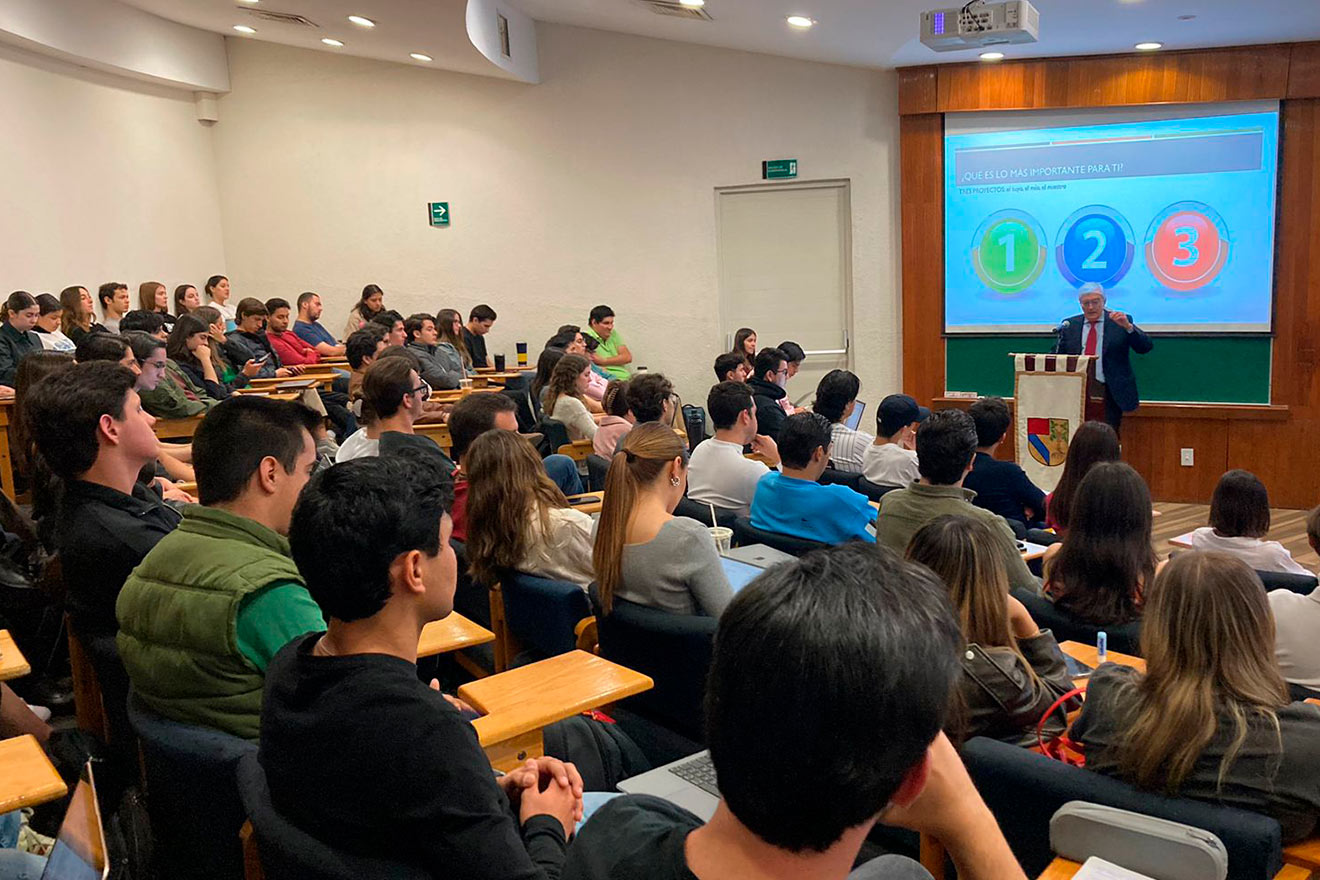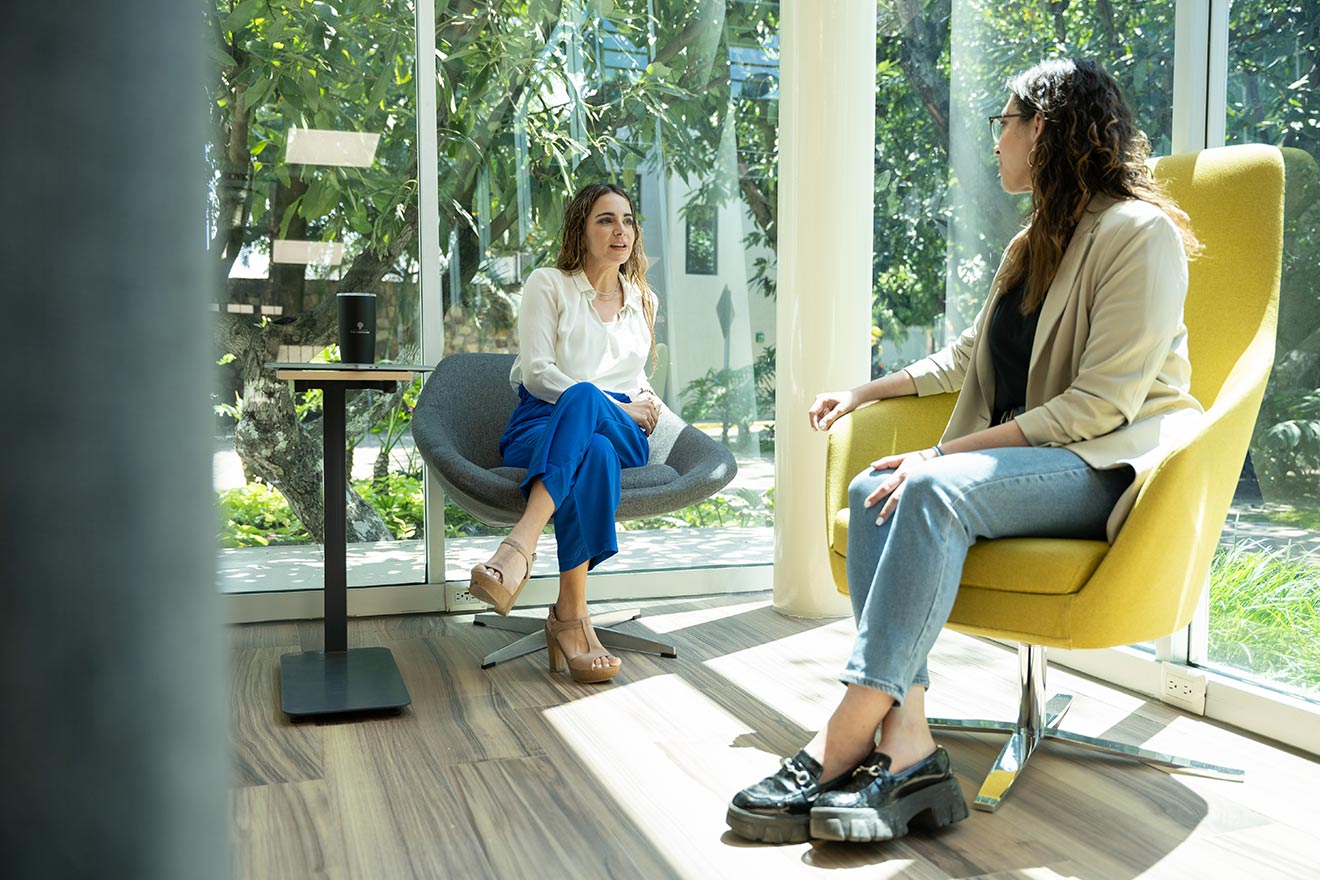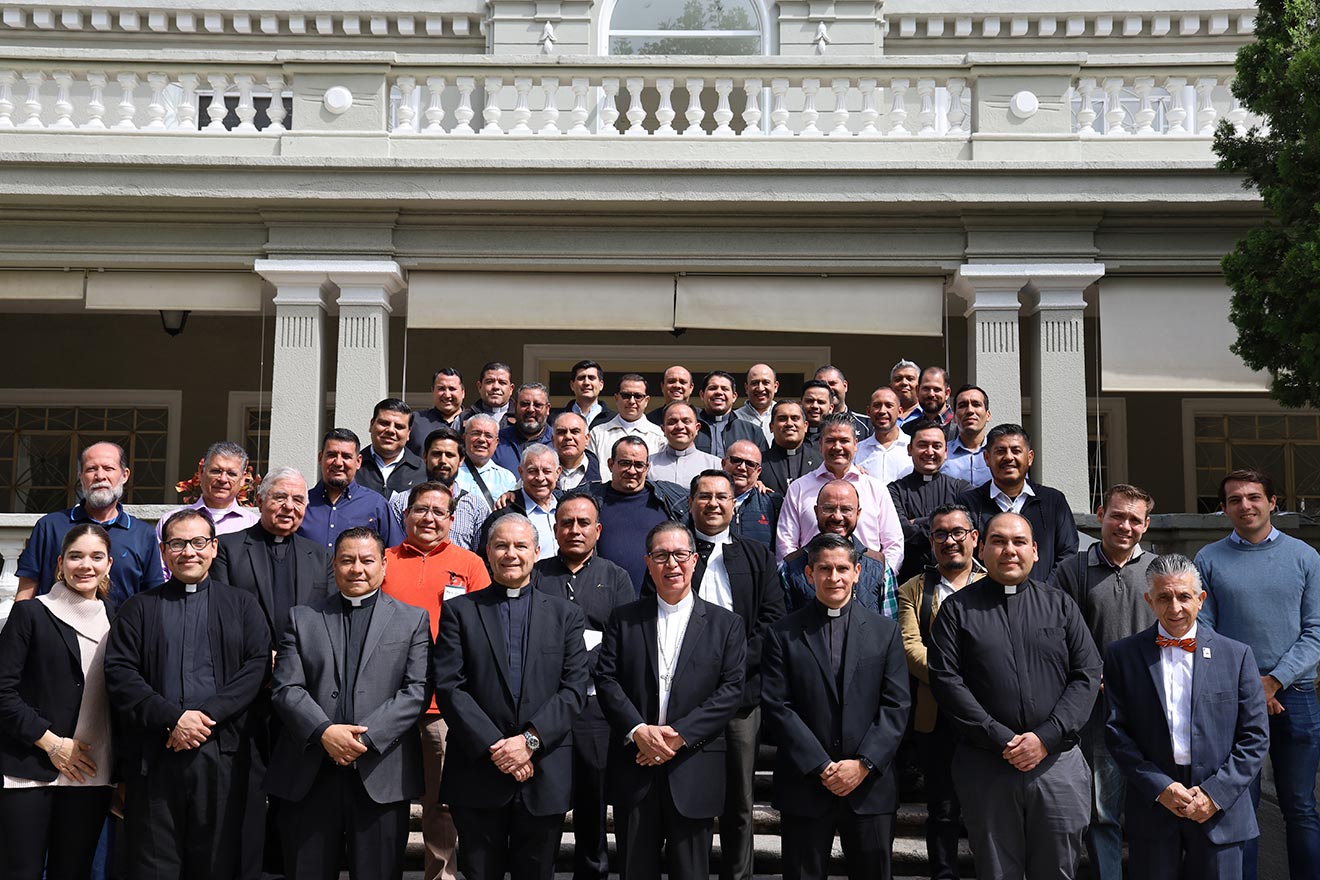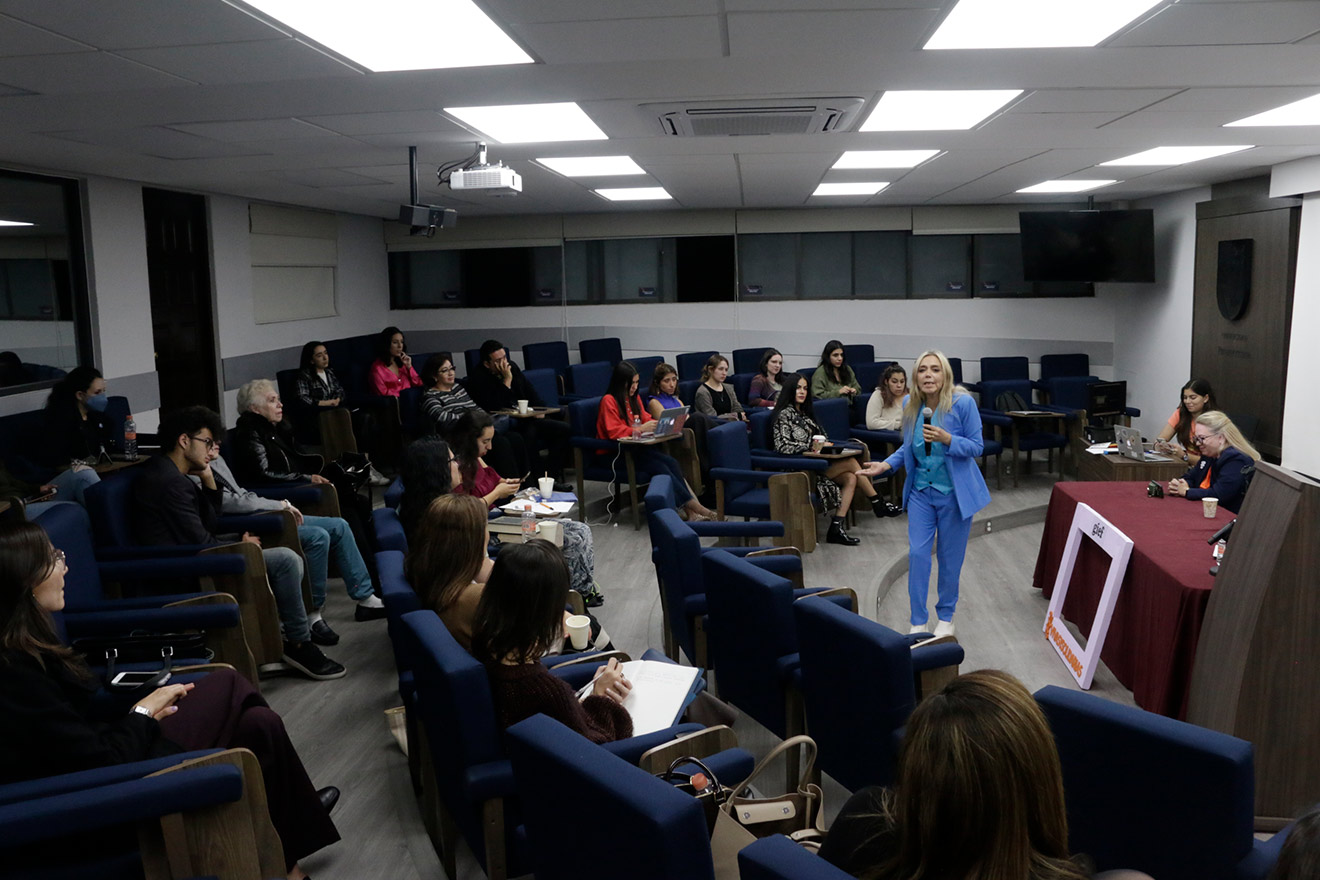Mexico City, June 13, 2023.- The matter of the body is a topic that has been studied for many years and, to date, continues to be so. This is why the Institute of Humanities of the Universidad Panamericana held the II Humanist Reflection Day, based at the Mexico City Campus, in which experts from all campuses participated, discussing and expressing their knowledge on the subject and its paradoxes.
The body as an "imaginary" concept
At the beginning of the day there was a reflection on how various philosophers have reflected on the body, making its care as important as that of the mind for the full development of the human being.
Jules Hubard, philosopher, poet, essayist and editor, put forward the idea of the body as an "imaginary" concept, which he exemplified with the phantom limb syndrome, in which someone with an amputated limb feels pain in that area.
He then spoke about St. Thomas Aquinas, who faced the challenge of putting an articulated concept in a flexible way; and about Dante, who made some of the first approaches to the body in the Middle Ages: "Dante has a perfect notion of the body that we would recognize" .
He also talked about theology and how it has been transformed by the perception of the body: "Theology ceases to be the rational theology that we knew to become the theology of a carnalized and embodied love, which cannot be distanced from the notion of the body," he said.
He also touched on the subject of artificial intelligence and technology, human advances which he compared to a composition by Bach: "all forms of productive activity and thought are articulated from our body," he said.
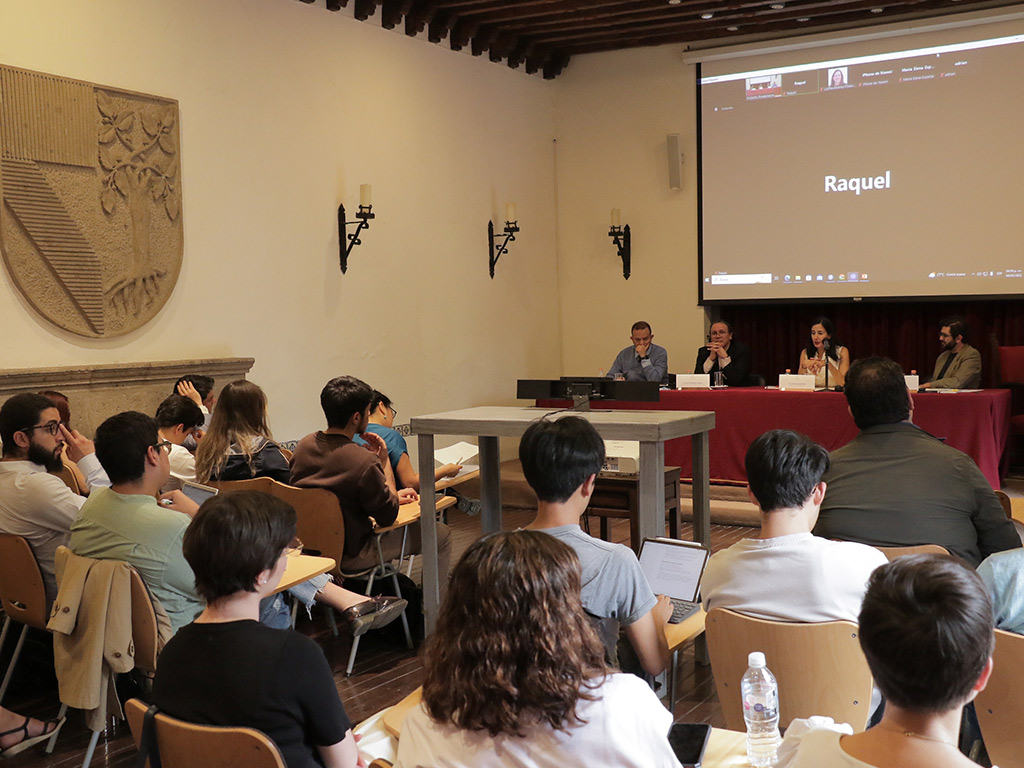
Body and psychoanalysis
Following Hubard's presentation, Dr. Fernanda Crespo, philosopher, professor, academic coordinator of the School of Philosophy at Panamericana and co-founder of the feminist studies group of the Institute of Humanities, explained how psychoanalysis brought her closer to the subject of the body, for which she read an excerpt from an essay on Freud.
In her paper, Dr. Crespo pointed out that Freud recognizes the body: "the very existence of the actor is a burden of citizenship that accredits the real of the represented". However, she indicated that Freud assumes that the body is not pure matter or pure biology, but is also conceived as an object.
Similarly, he spoke about the perception that the subject can have of the body: "it can present itself to the subject in a different way, because at the same time that it presents itself as the unknown, it is also the immediately known, because it presents itself as what can be learned, named and ordered by knowledge," he said.
To conclude his presentation, he explained how the author conceives the human being as a subject divided in two, who can perceive himself as being or not being only his body.
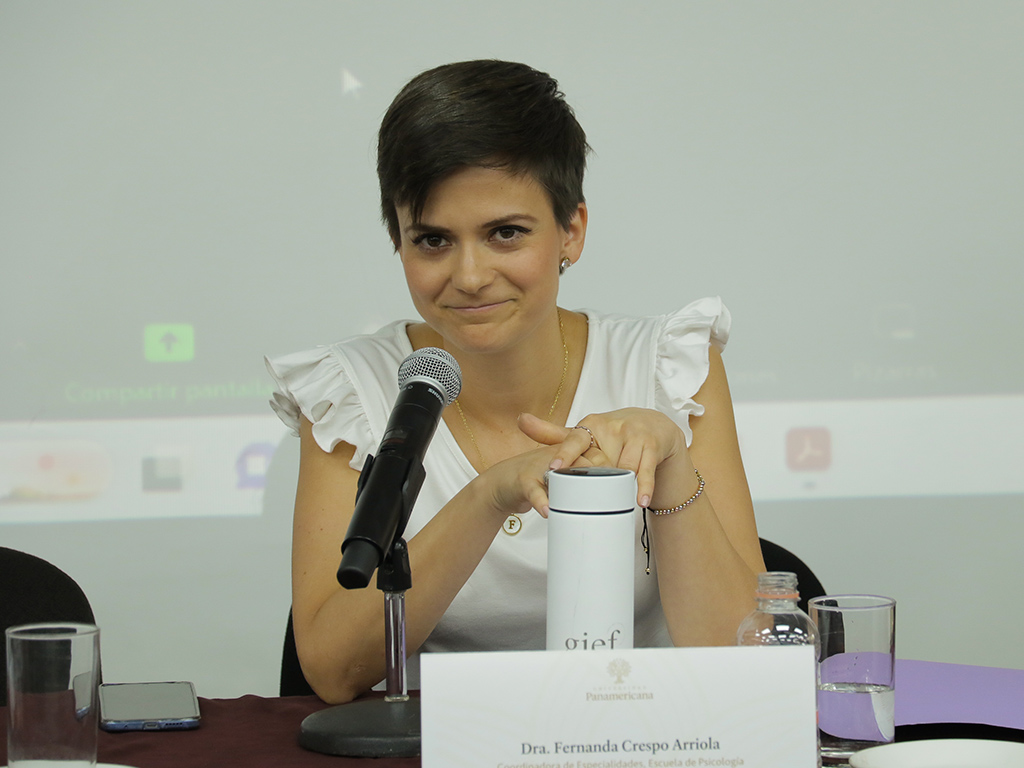
Donation and its ethical and philosophical implication
Next, Dr. Guillermo Cantú, coordinator of the Doctorate in Bioethics of the School of Medicine, spoke about death by donation and its ethical and philosophical implications.
In giving his point of view on this issue, Cantú reflected on the validity of these acts: "not everything that is technically possible is morally admissible.
"Science without conscience or ethical reflection only leads to the ruin of the human being to create new forms of exploitation for a privileged few, on people living in precarious circumstances," he stated.
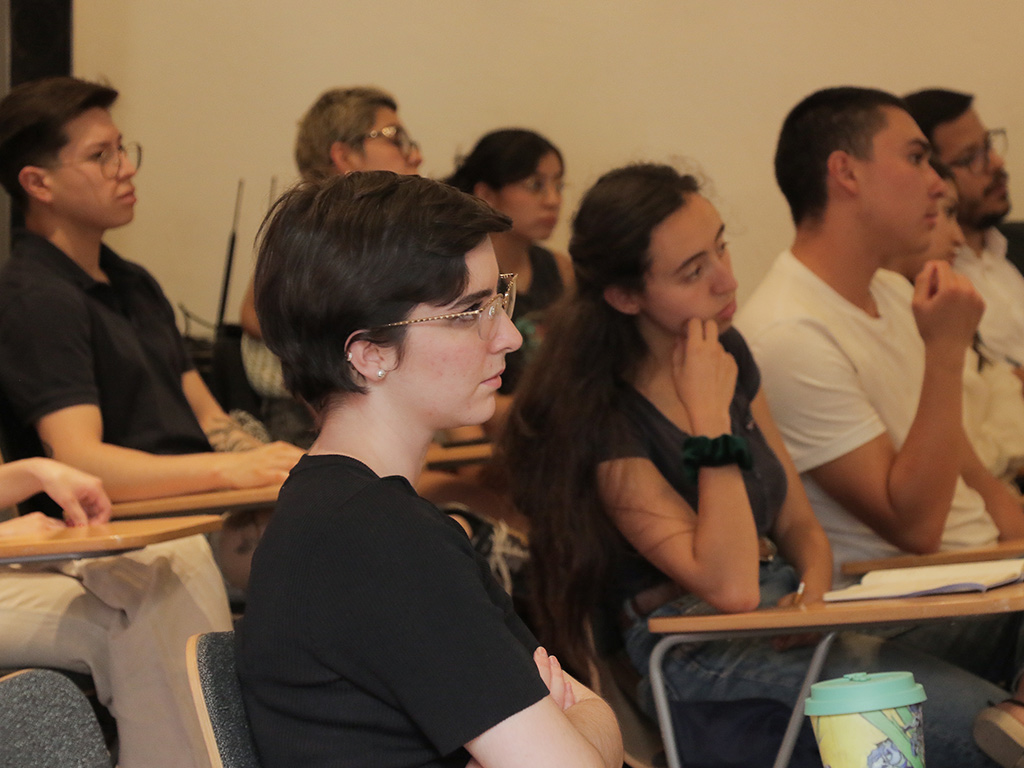
The matter of the body according to theology
Tadeo López Limón, doctor in biblical theology and a graduate in journalism and media, participated in the event digitally. Lopez focused on talking about the matter of the body according to theology.
He clarified that his theological point of view would be based on Christianity. He also stated the three fundamental reasons why the body has a theological value according to St. Paul: creation itself, reincarnation and resurrection .
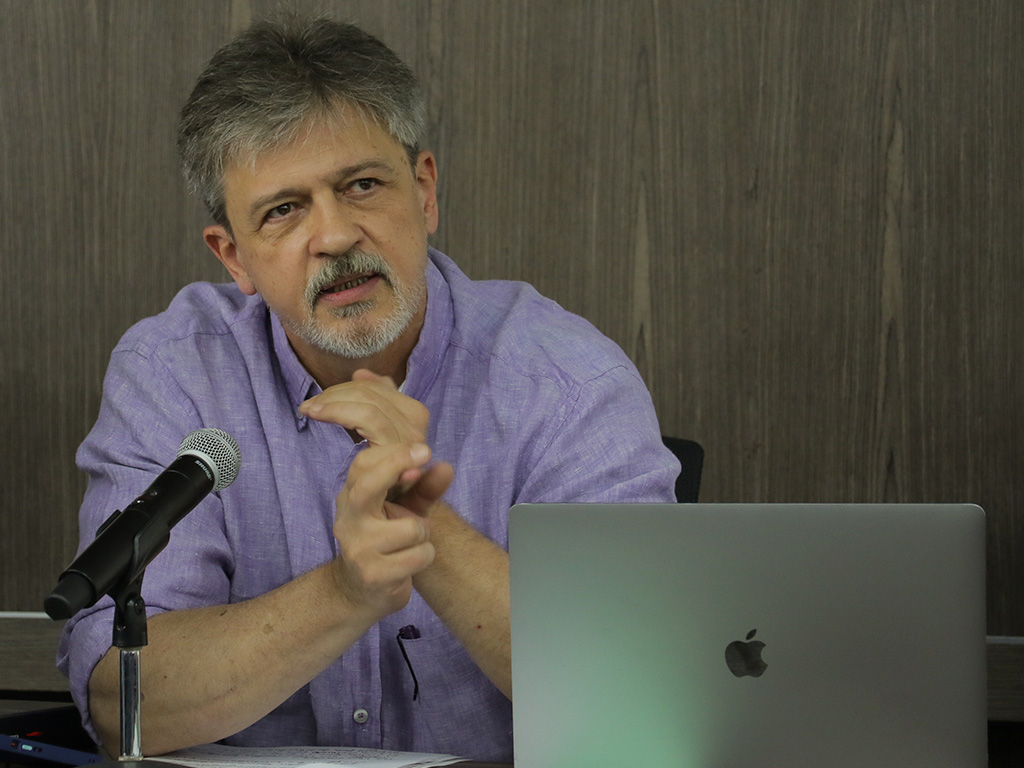
To conclude, he spoke about the importance of theology in the perception of the body: "what I want to propose is that theology can help to recover the anthropological value of the materiality of the body", he concluded.




